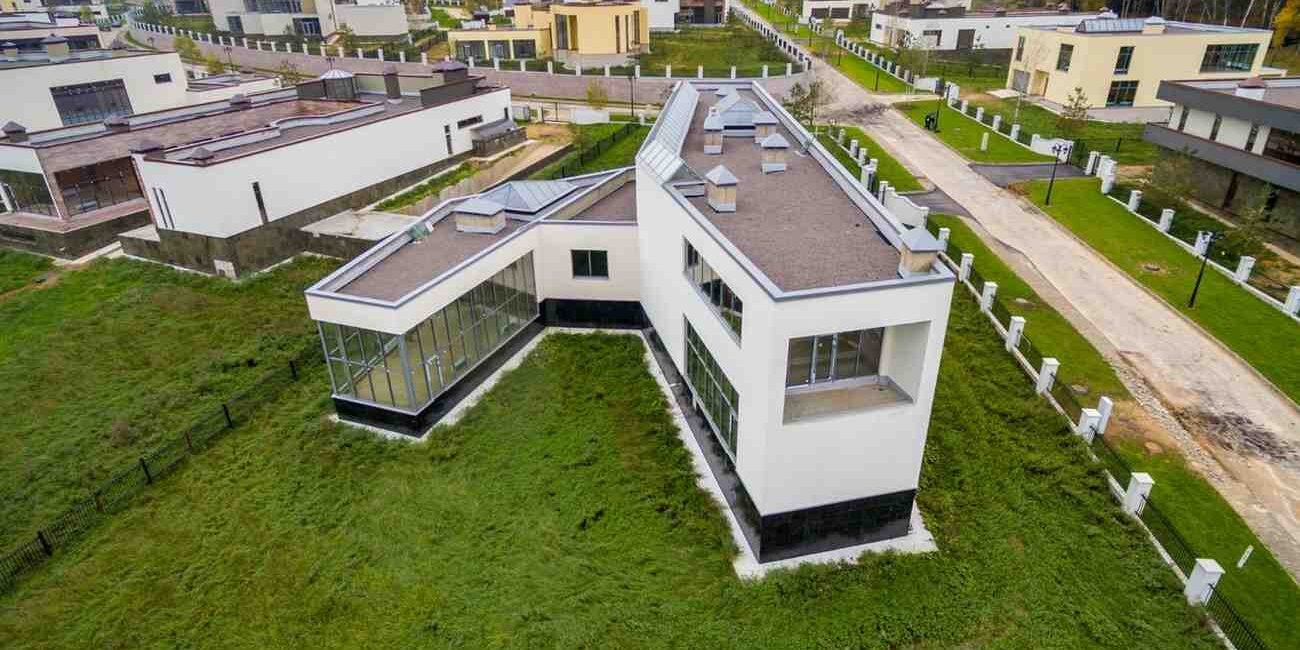
Real estate remains one of the most trusted and rewarding forms of investment. Among the different types available, commercial and residential properties are the two most common options for investors. While both come with the potential for long-term gains, they also present distinct challenges. Understanding the differences between the two can help investors choose the path that aligns with their goals, risk tolerance, and financial strategy.
Let’s dive into the pros and cons of both commercial and residential real estate investing to provide a clear comparison.
Understanding the Basics
What Is Residential Real Estate?
Residential properties include single-family homes, apartments, condos, and townhouses that are leased or sold to individuals or families for living purposes.
What Is Commercial Real Estate?
Commercial real estate includes properties used for business purposes, such as office buildings, retail spaces, warehouses, and apartment complexes with five or more units.
Pros of Investing in Residential Real Estate
1. Easier Entry for Beginners
Residential properties typically have a lower purchase price compared to commercial buildings. This makes them more accessible for first-time investors who may not have a large amount of capital.
2. Consistent Demand
People always need a place to live, which makes residential properties a more stable market during economic ups and downs. Even in tough times, tenants prioritize paying rent to keep a roof over their heads.
3. Financing Options
Banks and financial institutions generally offer more favorable mortgage terms for residential properties. Down payments can be lower, and the approval process is often simpler.
4. Easier to Manage Independently
Managing a residential property can be done without hiring a professional property management company. Many landlords handle tenant relationships, maintenance, and rent collection themselves.
Cons of Investing in Residential Real Estate
1. Limited Cash Flow
Residential rental income tends to be lower compared to commercial leases. While this makes it easier to rent out, the returns may not be as high.
2. Shorter Lease Terms
Most residential leases last 12 months or less. This creates the risk of frequent vacancies and a need to find new tenants more often.
3. Emotional Tenants
Tenant relationships in residential rentals can sometimes become personal or emotional. Evictions, late payments, or property damage may become difficult to manage without proper legal knowledge.
Pros of Investing in Commercial Real Estate
1. Higher Income Potential
Commercial properties usually generate more rental income than residential ones. Businesses are often willing to pay higher rents for desirable locations and suitable facilities.
2. Longer Lease Agreements
Lease terms for commercial spaces are typically three to ten years or more. This creates greater income stability and reduces the hassle of frequent tenant turnover.
3. Professional Tenants
Business tenants tend to treat the property with care, especially when the condition of the premises reflects their brand. Maintenance issues are often addressed more quickly.
4. Value Based on Revenue
The value of a commercial property is largely driven by the income it generates. If you improve operations or increase rental income, the property’s value can rise significantly.
Cons of Investing in Commercial Real Estate
1. High Initial Costs
Commercial investments require a significant amount of upfront capital. This includes the purchase price, renovation costs, and larger down payments.
2. Complex Management
Managing a commercial property can be more complicated. You may need to handle multiple tenants, navigate zoning regulations, and invest in specialized maintenance services.
3. Higher Risk During Recessions
During economic downturns, businesses may close or downsize, leading to vacancies and loss of rental income. Commercial spaces often take longer to fill compared to residential units.
4. Strict Legal and Safety Regulations
Commercial buildings are subject to more rigorous health, safety, and accessibility standards. Keeping up with these regulations can be time-consuming and costly.
Key Differences Between Commercial and Residential Investments
| Feature | Residential | Commercial |
|---|---|---|
| Initial Cost | Lower | Higher |
| Lease Term | Short | Long |
| Rental Income | Moderate | High |
| Tenant Type | Individuals/Families | Businesses |
| Management | Simple | Complex |
| Market Risk | Lower | Higher |
This comparison highlights how each property type has its own investment profile. Residential real estate offers a stable, lower-risk entry point, while commercial real estate delivers higher potential returns with more complexity and risk.
Which Is Right for You?
The decision between commercial and residential real estate depends on your financial goals, investment experience, and risk tolerance.
-
If you’re just starting out or prefer a hands-on approach with a smaller budget, residential real estate may be the better fit.
-
If you have more capital, are looking for higher income potential, and are comfortable with complex management, commercial real estate might be more rewarding.
Many seasoned investors choose to diversify and invest in both. That way, they can balance the steady income of residential properties with the growth opportunities offered by commercial assets.
Final Thoughts
Both commercial and residential real estate have unique strengths and challenges. Neither is universally better than the other—it all depends on what you’re looking for as an investor. Evaluate your financial situation, long-term goals, and how actively you want to manage the property. With careful planning, either path can lead to strong returns and financial growth.
Remember, knowledge and preparation are key to making informed real estate investments that match your personal strategy.
Important Links
What First-Time Buyers Should Know About Condo Maintenance Fees in Singapore
How En Bloc Sales Work in Singapore: A Guide for Condo Owners and Buyers
A Complete Guide to Real Estate in Singapore for Home Buyers and Investors
The Structure of Singapore’s Property Market
How to Start a Career in Real Estate with No Experience
Thomson View En Bloc Condo Showflat
How Long Does Property Appreciation Take in Singapore?
Can PRs Own More Than One Property in Singapore?

